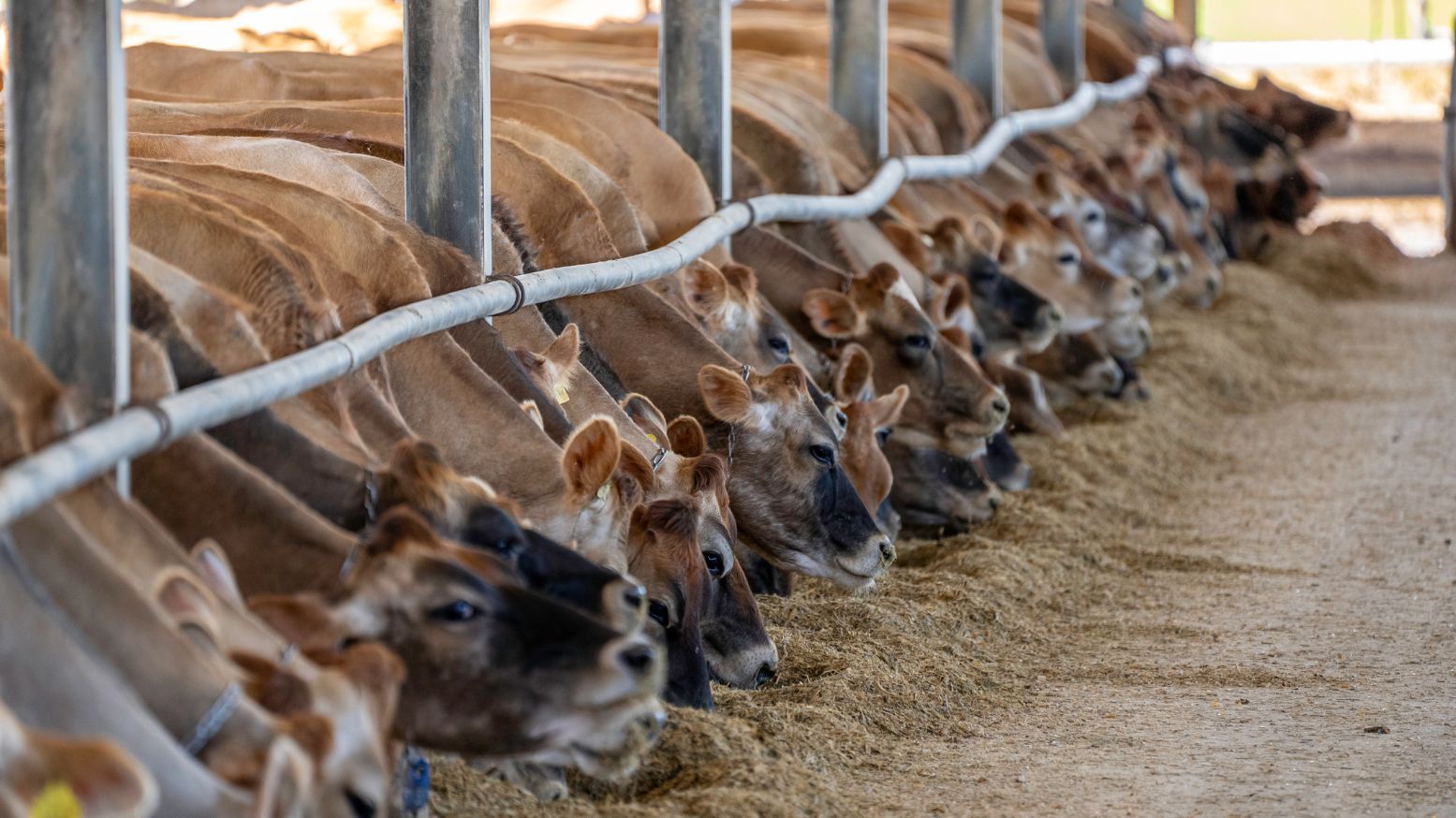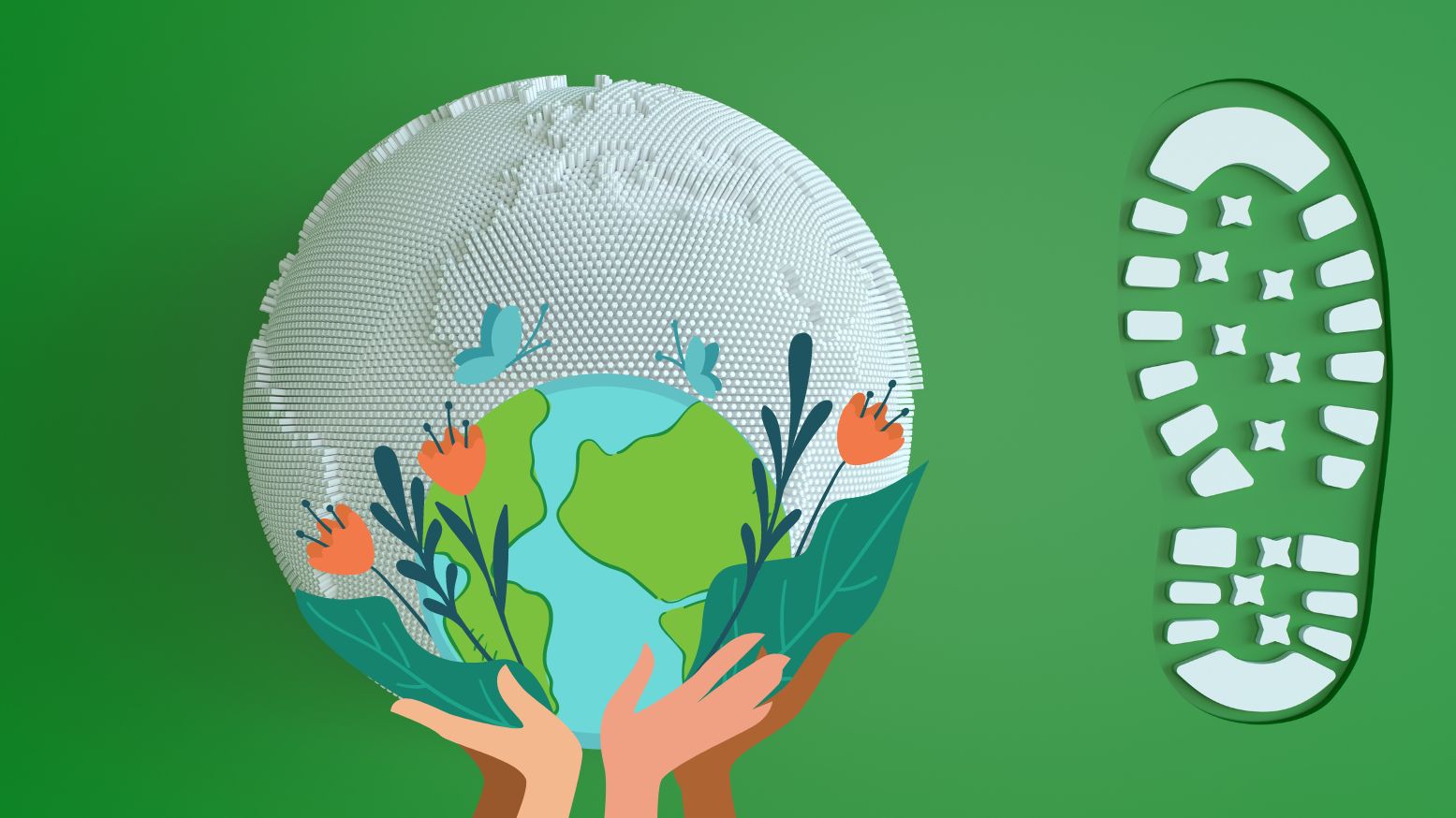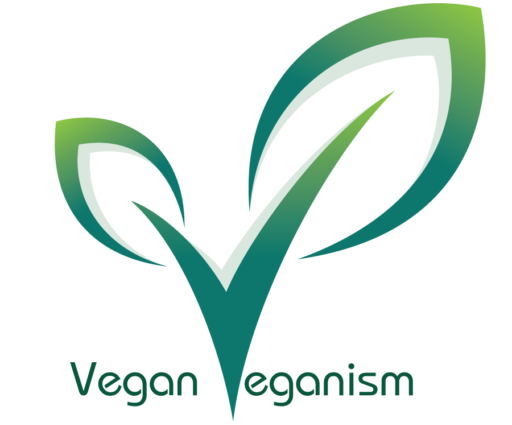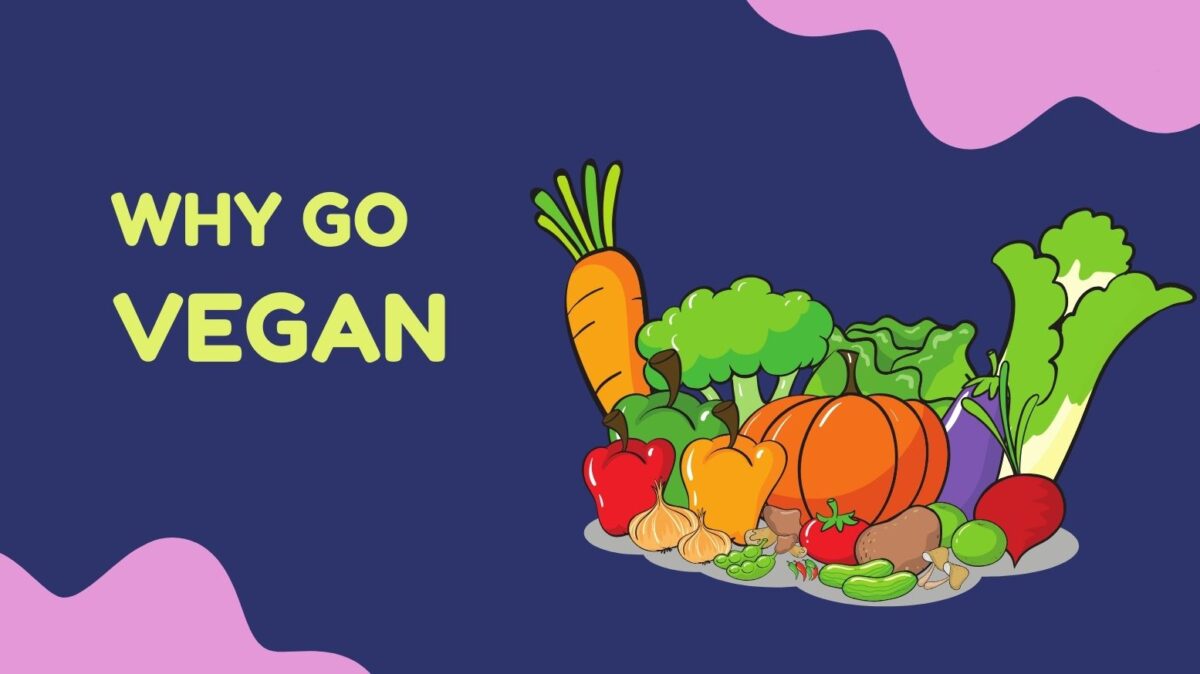Adopting a vegan diet is driven by the core understanding that animals are capable of feeling both physical and emotional suffering. Animals are sentient, much like people, and ethical issues arise when they are kept in unfavorable conditions, have limited movement in their cages, are among other distressed animals, or face the possibility of death.
Furthermore, there has been a general cultural movement towards sustainability and a greater understanding of the negative environmental effects of conventional animal husbandry, which is reflected in the development of veganism. Vegans are not just changing their diets; they are also part of a broader cultural shift that emphasizes animal compassion and an understanding of the relationship between individual decisions and the health of the environment.
Why go vegan?
Adopting a vegan lifestyle has many strong advantages:
Cruelty-Free Farming

Grass-fed animal husbandry is thought to be more environmentally friendly and kinder than factory farming. For individuals who prefer not to go completely vegan, it offers a more morally sound option.
Since the animals are free to graze, grass-fed animal farming is frequently regarded as being more humane. This strategy aims to give people who wish to support ethical farming methods but aren’t ready to make the full vegan transition a medium ground.
Ethical Decision
Making the switch to veganism is a moral choice motivated by animal welfare. It stays away from endorsing the innate brutality connected to industrial farming methods.
Deciding to become vegan involves giving up support for businesses that use factory farming, where animals are frequently subjected to cruel conditions. People can help ensure that animals are treated with more compassion by choosing plant-based substitutes.
Health Benefits

A plant-based, nutrient-rich diet that emphasizes general well-being is provided by adopting a vegan diet.
The health benefits of a plant-based diet high in fruits, vegetables, and plant-based proteins are demonstrated by the fact that it can enhance cardiovascular health, help manage weight, and lower the risk of certain diseases.
Environmental Impact

By reducing the harmful effects of conventional agriculture, veganism is in line with environmental sustainability. It is well known that factory farming harms the environment and causes pollution and ecological problems.
Factory farming harms the environment because of its deforestation, water pollution, and greenhouse gas emissions. Adopting a vegan lifestyle encourages a more sustainable relationship with the environment by lowering this ecological impact.
Local Sourcing
This becomes a feasible choice for people who would rather have alternatives, such as grass-fed meat. Sites like Eatwild provide a compromise between veganism and conventional agricultural methods by assisting in the search for nearby, ethically produced meat.
By using Eatwild and other such platforms, people may find locally produced grass-fed beef. This gives consumers a choice that satisfies their ethical and environmental concerns while allowing them to continue consuming animal products in their diets, in addition to helping local farmers.
You may also like:
What are some side effects of being a fully raw vegan
What are your favorite vegetarian or vegan recipes
Which countries have the highest proportion of vegetarians
FAQs
1. Why are more girls vegan?
Women are often viewed as more protective and loving, traits that extend to how they treat animals and the environment.
2. Why are vegans so happy?
Vegans can live with peace of mind and a clear conscience by preventing the horrendous suffering of animals, saving the environment, and improving their health.
3. Are 79% of vegans female?
In actuality, women make up about 79% of vegans. Some theories suggest the reason for this gender imbalance is that societal ideas of masculinity are based on the ancient details of the hunter-prey relationship.
4. Is going vegan better?
Studies have indicated that a vegan diet (VD) may be linked to better health outcomes; nevertheless, the detrimental effects of these dietary choices are rarely discussed, and there may be unintended consequences to veganism because of dietary deficiencies.
5. Do vegans get older?
Eating veganism does not guarantee that you will age more quickly or more slowly than other people.
6. Are vegan men fertile?
The obtained data demonstrated that the vegan group had a considerably greater percentage of rapidly increasingly motile sperm (1 [0-7] vs. 17.5 [15-30]; P < 0.0001) and a total sperm count (224.7 [117-369] vs. 119.7 [64.8-442.8]; P = 0.011) than the non-vegan group.
7. Why is Arnold Schwarzenegger vegan?
Yes, he is a vegan who has in the past, talked candidly about how a plant-based diet affected his cholesterol.
Veganism is a philosophy and way of life that requires dedication; it’s not just a diet. There’s no hard and fast rule saying that everyone has to go vegan, even though it can be difficult for others owing to the costs or limited resources. But there are also significant advantages to becoming vegan, like bettering one’s health and supporting animal welfare.
Knowing that you’re having a beneficial influence on defenseless animals that are unable to speak for themselves fills you with satisfaction. In the end, adopting a vegan lifestyle is a personal decision motivated by compassion and a wish to make the world a better place.

